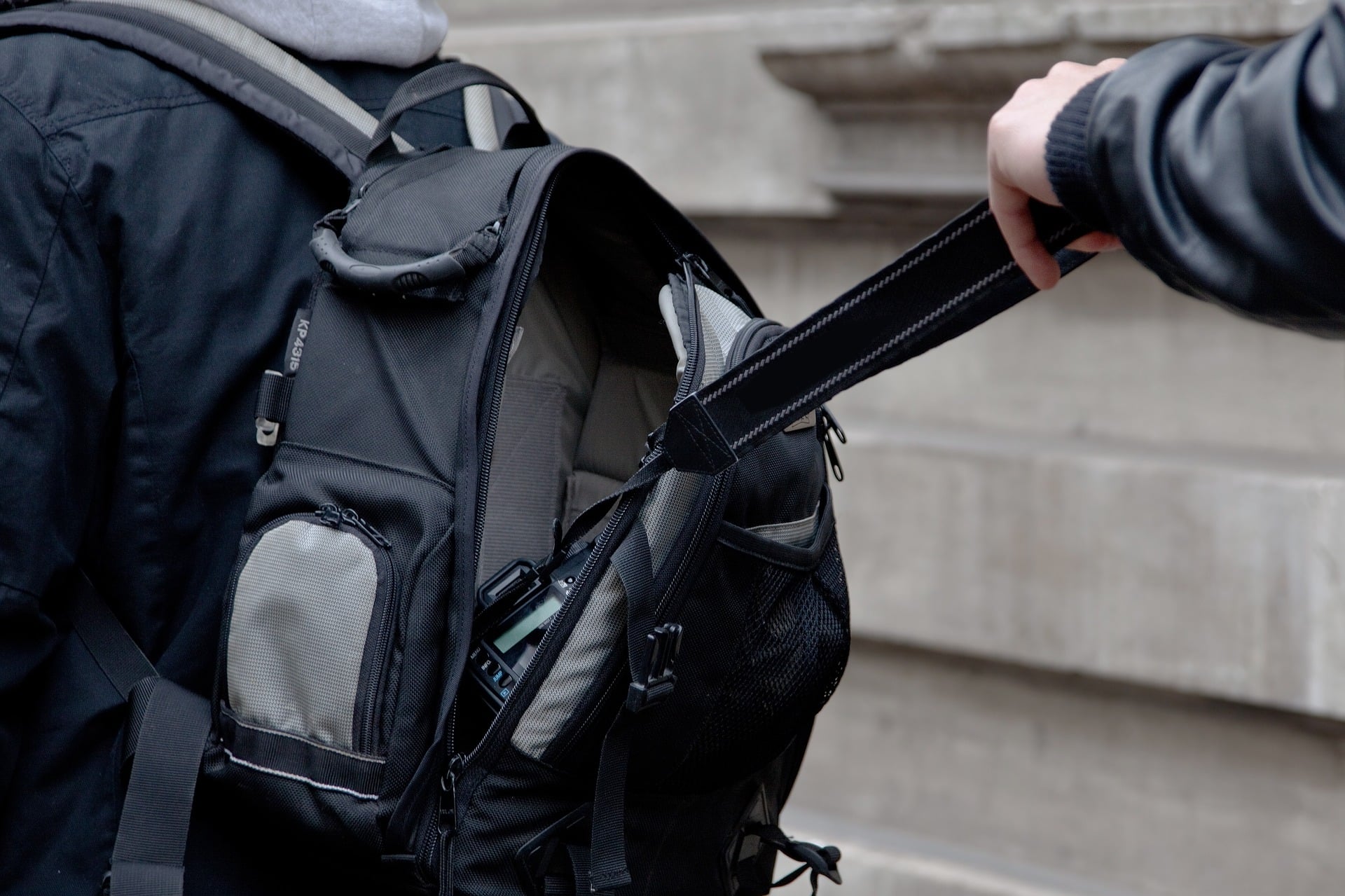11 April 2021
![Is self-defence also possible in cases of theft or trespass?]()
Self-defence is that defence which is necessary to avert a present unlawful attack against oneself or another.
Self-defence is a classic in the area of the examination of expert knowledge — and of course also elementary for professional practice!
We encounter self-defence in three laws at once, namely in § 32 StGB, in § 227 BGB and also in the Act on Administrative Offences in § 15 OWiG.
In today’s article, however, I am not directly concerned with self-defence as a justification and its individual elements. When you can invoke self-defence, i.e. physically attack someone without making yourself liable to prosecution, is described in detail in the text of the law. When preparing for the 34a examination in courses or books, the paragraph on self-defence is always described in detail and with illustrative examples.
One punch, one attack! Defend yourself, self-defence! All right?
In the examination of expertise in the guarding trade according to § 34a of the GewO, at least one question is almost always aimed at self-defence, e.g. at the preconditions when one is allowed to act in self-defence at all. Self-defence is an important justification for taking action against attackers without making oneself liable to prosecution. Because self-defence is an “everyman’s right”, any person may invoke it, including security guards, of course, provided that the conditions for self-defence are met. If the doorman is suddenly attacked with his fist in violation of the law, he may defend himself against the attacker. He is not liable to prosecution, even if the attacker suffers injuries and (hopefully) loses out. So far so clear. But:
What about theft or trespass?
Theft or trespassing also constitute an unlawful attack, namely on the legal right to property or the right of domicile. In these examples, it is certainly permissible to defend oneself and to use force to repel the attack! However, the proportionality and the means used for defence must always be considered.
Which legal interests are capable of self-defence at all?
Many learners mistakenly assume that one may only ever use force in self-defence in the case of a physical attack on oneself (self-defence) or on another person (emergency assistance). But this is wrong! In principle, any (individual) legal interest is capable of self-defence. In addition to life, limb and health, this also includes property, honour, assets (etc.) of a person.
28 March 2021
![Can a thief be the owner of something stolen?]()
Again and again I am asked questions about the content of the examination.
From now on, I will also occasionally go into more detail on frequently asked questions about the exam topics in the blog, especially those that cause confusion for many participants time and again.
Just recently, I received an enquiry from a learner who wanted to use the Subject matter learning portal prepared for the 34a exam online. He told me that there was supposedly an error in the test questions on the portal:
“When someone steals something, they have stolen it from someone else. The correct answer in the learning portal is that the thief is then the owner of the thing. That can’t be right. How can a thief be the owner if he has taken something from someone else against his will? That must be wrong!”
Let’s take a brief look at the facts under criminal and civil law
First of all, when it comes to answering the questions in the examination, it is important to know whether the question is about criminal law or civil law — or both. Accordingly, you have to look in particular at which offences from the Criminal Code (StGB) and/or the German Civil Code (BGB) apply.
If you look in the Criminal Code under § 242 theft and looks at the facts described, one quickly realises that this applies to the facts of the case. A person takes a movable thing from another person without being allowed to do so, in order to appropriate it for himself. The thief wants to keep the stolen goods for himself. He acts unlawfully.
However, nothing can be found at this point on the keywords Ownership or possession — You have to look at the BGB for that.
In the BGB, in § 854 Acquisition of possession stipulates that the owner is the one who has the actual power over the thing has. And this brings us directly back to the initial question: The The thief is the immediate owner of the stolen thingbecause he exercises the actual power over the thing. He can, for example, use the thing or move it to another place. It does not depend on the will to transfer, i.e. the thief becomes the owner, even if the previous owner does not want this. However, it is also the case that the Possession of the thief defective is. The rightful owner has a claim because of the deprivation of possession by the thief. Claim to regain his property.
In Germany, ownership is already guaranteed by the Basic Law in Art. 14 protected — everyone is allowed to acquire ownership of things themselves and the state guarantees this right.
What is the situation in the case described with regard to ownership? Does the thief also become the owner of the thing? No!
While an owner has the actual power over a thing, the owner has the legal power. Owner and possessor can be identical. For example, if you buy a bag of rice in the supermarket, you acquire ownership of the thing when you pay. At the same time, you are the owner of the bag of rice, because you have the actual power over the thing. If you lend a neighbour your drill, then you remain the owner of the drill. However, the neighbour becomes the owner and can use the drilling machine to drill holes in the wall of his house as he pleases.
The The owner’s powers are defined in § 903 BGB. regulated. In demarcation from the owner, the Owner not the actual power over a thing, but the legal authority. If he is not the owner of the thing at the same time anyway, he can obtain from the owner of the thing, for example, the Published so that the owner now also acquires the actual power (possession) over the thing.
Briefly summarised
A thief is the owner of the stolen thing as soon as he exercises actual power over the object. However, possession is deemed to be defective. The original owner or the owner has a claim for restitution (possibly a claim for damages) against the thief who unlawfully (in unlawful interference) has acted. However, the thief is not the owner of the thing, since the stolen object rightfully belongs to someone else.
Do you also have questions about the expert knowledge examination according to § 34a GewO in guarding?
Then simply post them in the forum: https://www.sachkunde-34a.de/sachkundepruefung-34a-forum-fragen
Another reader or I as the author of this page can certainly answer your question.
By the way: If you are completely Prepare comprehensively for the examination and individual questions answered competently at all times I can give you the eLearning at www.sachkun.de recommend. You can find in this Learning portal research the questions already asked and ask your own questions without limit. The questions will be answered there in a timely manner by Specialist lecturerswho are well versed in the subject matter!


